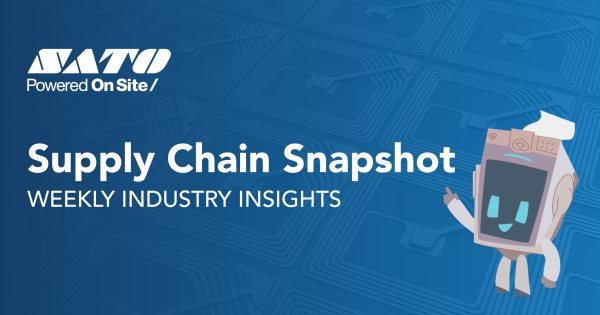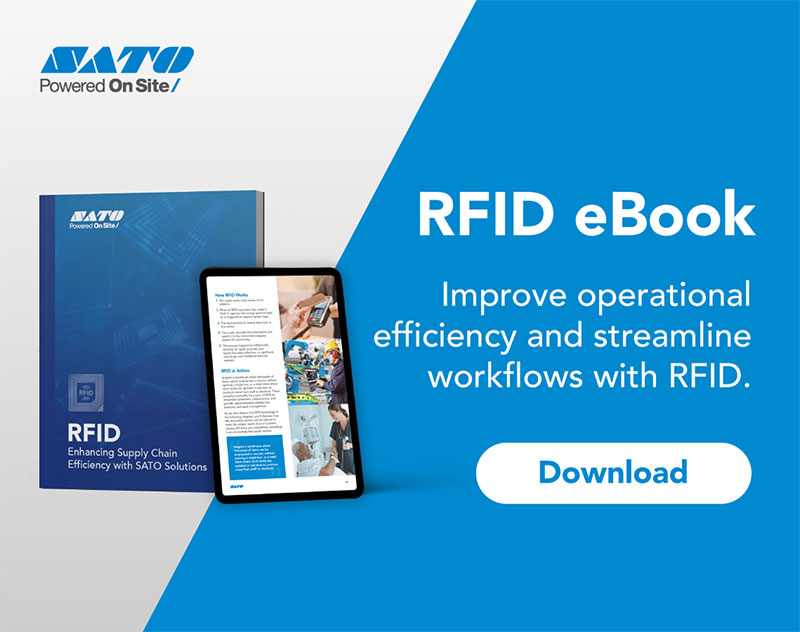Supply Chain Snapshot: Weekly Industry Insights #30
11/11/24
As we approach the end of the year, supply chains across industries are adapting to environmental challenges, regulatory changes, and technological advancements. This week’s Snapshot explores the impact of extreme weather on automotive logistics, the evolving regulatory landscape in healthcare, and the innovations retailers are implementing to prepare for the holiday rush.
Automotive Industry: Facing Disruptions and Preparing for Change
Historic flooding in Valencia has caused significant disruptions to Spain’s automotive supply chain, impacting inbound logistics for major car manufacturers. With key suppliers and logistics routes affected, the automotive industry faces a critical challenge in mitigating delays and sustaining production levels. Read more on the impact of Valencia’s floods on automotive logistics.
In response to changing market conditions, Schaeffler has announced 4,700 job cuts across Europe as part of a strategy to streamline operations and improve efficiency. This decision reflects the broader trend of companies adjusting their workforce in light of shifting demand and increased automation. Learn about Schaeffler’s restructuring and job cuts.
Meanwhile, the automotive industry is under pressure to adapt transport networks to new standards of efficiency and responsiveness. OEMs and logistics providers are urged to implement time-critical solutions, ensuring supply chain agility to meet fluctuating demand and regulatory pressures. Discover why time-critical solutions are key for the automotive industry’s future.
Healthcare and Pharma: Enhanced Regulation and Cybersecurity
The EU has tightened regulations on health tech supply chains to improve safety and reliability, imposing stricter guidelines that require robust compliance from suppliers. These new standards pose challenges, especially for smaller companies that need to adjust their operations to meet the new regulatory demands. Explore the EU’s new health tech supply chain regulations.
Cybersecurity remains a top concern for pharmaceutical supply chains, as cyberattacks can jeopardise sensitive data and disrupt operations. A comprehensive cybersecurity audit is essential for pharma companies to identify vulnerabilities, ensure data protection, and safeguard critical supply chain functions. Learn how to conduct a cybersecurity audit for pharma supply chains.
Retail: Preparing for Peak Season and Tackling Supply Chain Shrinkage
With the holiday season approaching, retailers are bolstering their supply chains to handle peak demand. From optimising last-mile delivery to improving inventory management, businesses are implementing strategies to reduce costs and enhance service levels during this critical period. Find out how retailers are prepping their supply chains for the holidays.
Shrinkage remains a persistent issue for retail, but emerging technologies like RFID and generative AI are helping retailers better track inventory and minimise losses. By combining RFID with advanced analytics, businesses can gain clearer insights into inventory flow, identifying and addressing shrinkage sources more effectively. Explore how RFID and generative AI are combating retail shrinkage.
Sustainability and Sourcing Challenges in Food Supply Chains
Environmental factors are increasingly impacting food supply chains, with recent floods in Spain disrupting the production of key crops like oranges, tomatoes, and peppers. As extreme weather events become more frequent, food retailers and distributors are grappling with supply constraints and considering alternative sourcing strategies. Read about food supply disruptions from Spain’s recent floods.
Food safety recalls are also on the rise, driven by increased vigilance and regulatory standards. Maintaining stringent safety protocols and quick response mechanisms is essential to prevent health risks and uphold consumer trust. Learn more about the increase in food recalls and its impact on supply chains.
Technology and Digital Innovation in Supply Chains
IoT continues to transform supply chains across industries, with applications ranging from predictive maintenance to real-time inventory tracking. McKinsey’s report highlights how IoT, when paired with AI and automation, is driving efficiency gains and enabling more responsive supply chain management. Discover the top 10 uses of IoT in supply chains.
As supply chains face increased complexity, the need for software-driven solutions becomes critical. Advanced technologies like machine learning and blockchain are enabling businesses to streamline processes, improve transparency, and achieve greater supply chain resilience in an unpredictable global landscape. Learn how technology is transforming supply chain management.
From addressing regulatory shifts in health tech and automotive recycling initiatives to tackling cybersecurity challenges and adopting AI-driven retail solutions, industries are continuously adapting to meet the demands of today’s supply chain environment. Visit SATO Europe for ongoing insights into the trends shaping the future of supply chain management.
Latest News
All News

10/02/26
SATO Europe appoints Armelle Jaclot as European Marketing Director
10 February 2026 – Heidelberg, Germany – SATO Europe...

02/02/26
SATO strengthens its European manufacturing capabilities as Polish site achieves...
2nd February 2026 – Heidelberg, Germany ...












